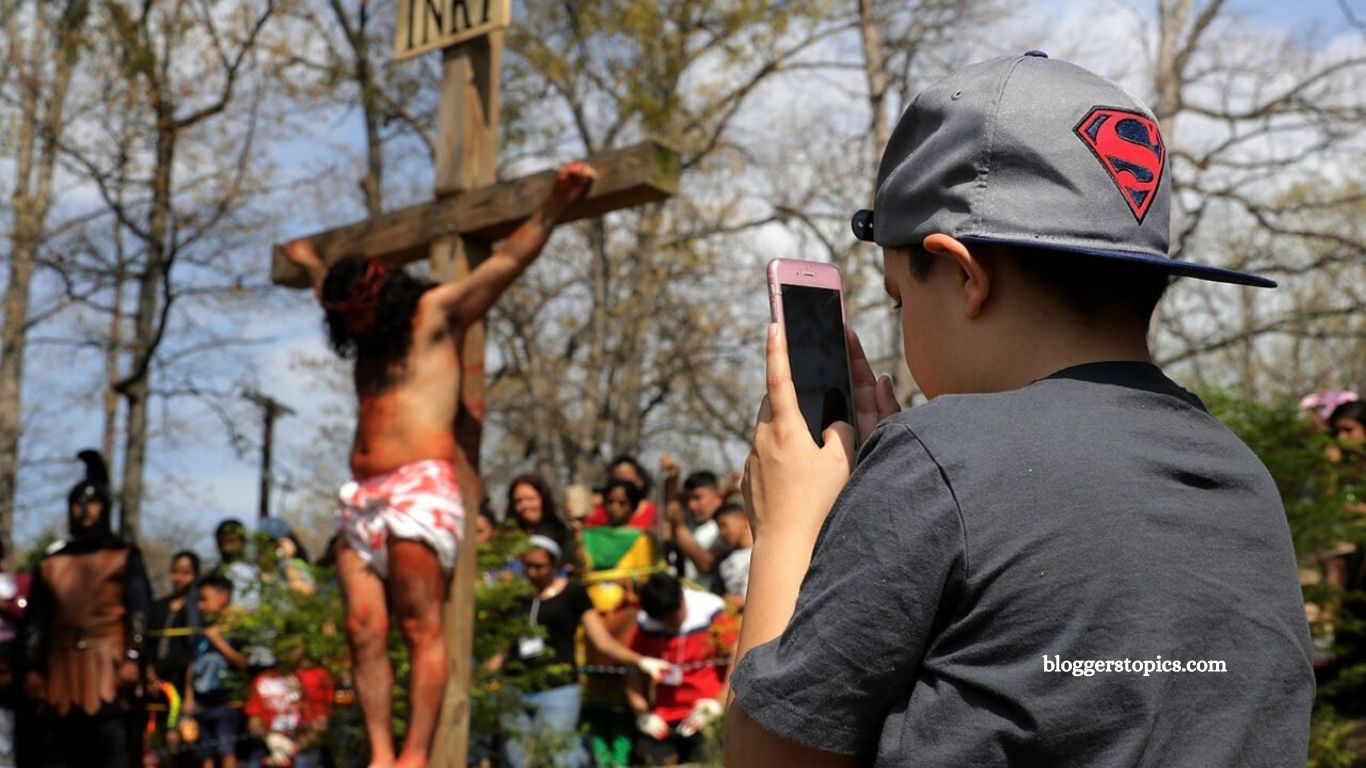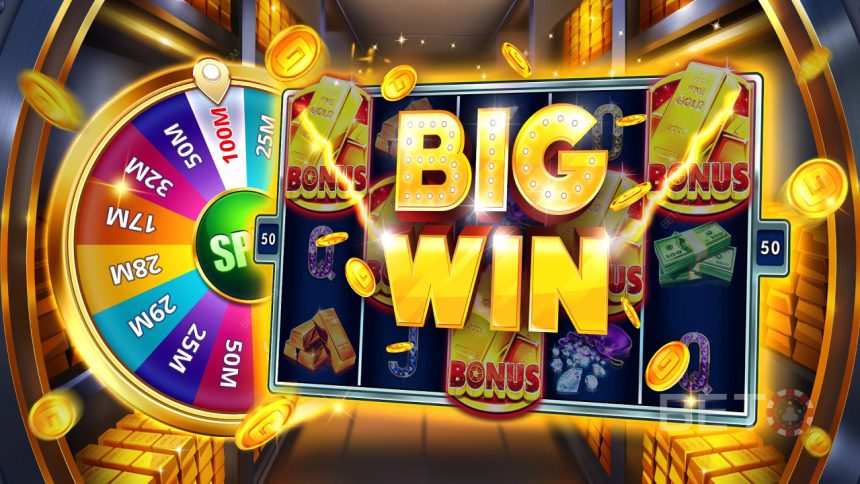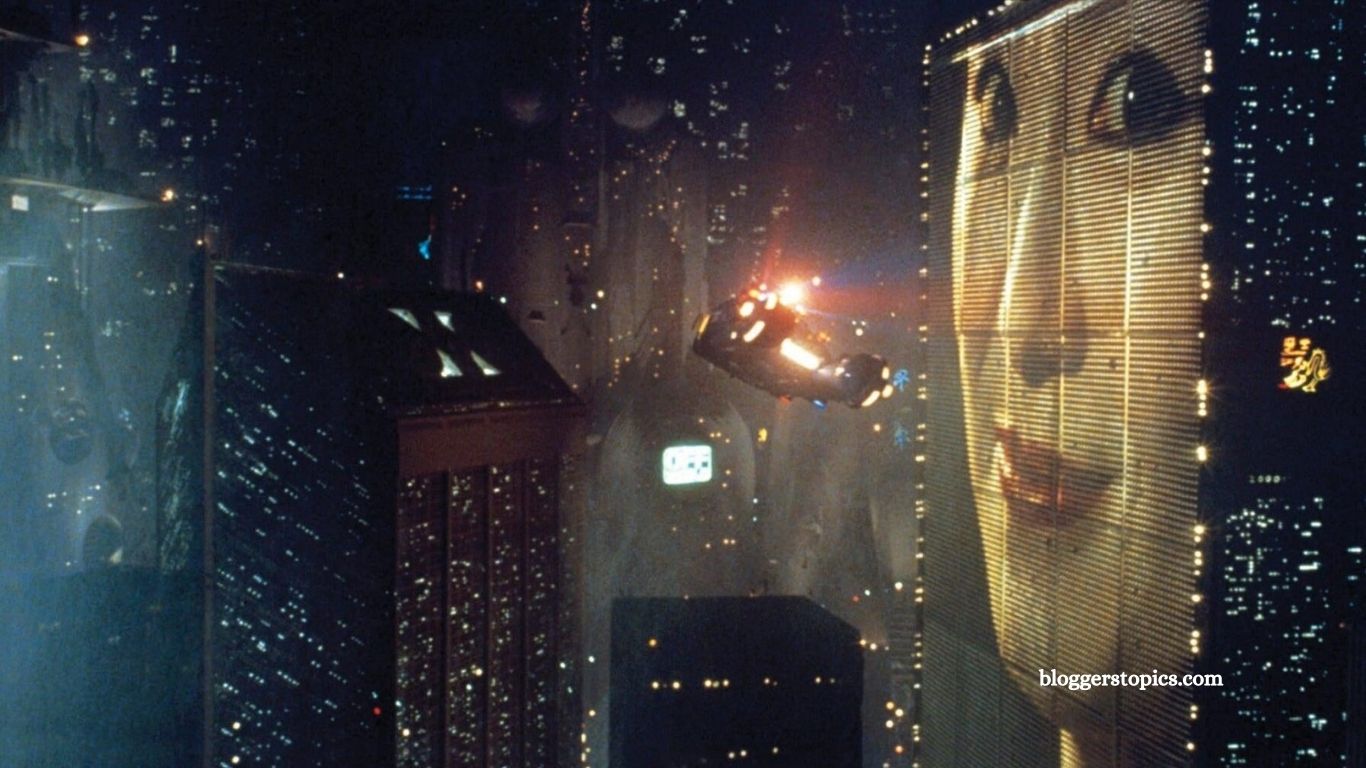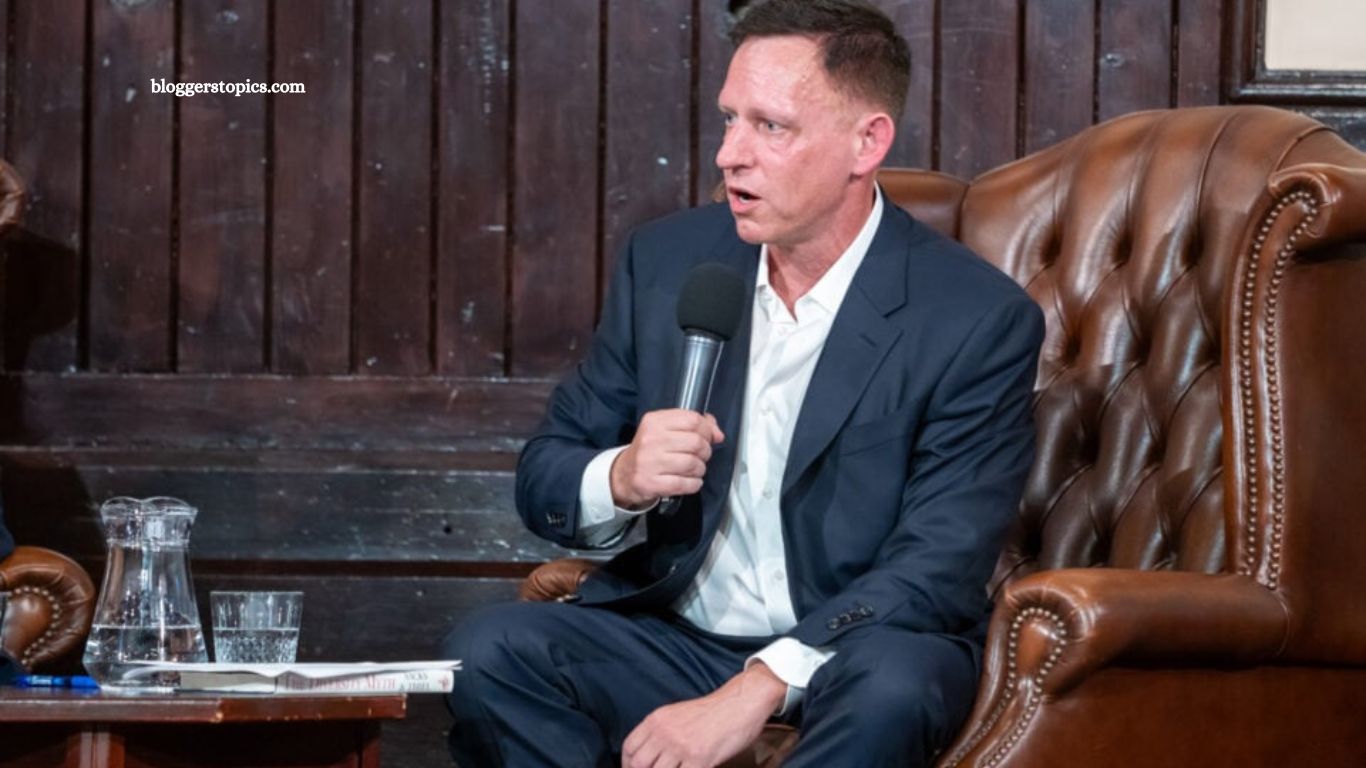Chaos reigns across TikTok as RaptureTok captivates viewers worldwide. Self-proclaimed prophets and online mystics predict September 23, 2025, as the day of the Rapture, when Christ will return and true believers ascend to heaven. Millions scroll, watch, and debate, blending humor, fear, and curiosity into a digital spectacle.
Dreams, visions, and cryptic messages fuel discussions, spreading rapidly across the platform. Videos range from spiritual guidance to ironic commentary, creating a mix of devotion and entertainment. Skepticism battles belief as followers prepare for a predicted apocalypse. Viral content, symbolic interpretations, and conspiratorial intrigue converge, amplifying the narrative. Human fascination with the end times finds a modern stage online, merging religious tradition with social media frenzy.
Read More: MetaGPT in Education: Simplifying AI Learning
The Origin of the September 23 Prediction
The story begins with a man named Joshua Mhlakela, who occasionally is referred to as a pastor, though he himself prefers simpler labels. He rejects grand titles like “apostle” or “bishop” and even “pastor,” insisting he’s just “a believer.” But according to Mhlakela, it was a vision—or perhaps more accurately, a series of dreams—that set this Rapture prophecy in motion.
Mhlakela claims that for years, he’s had recurring visions of Christ in his dreams. The one that changed everything happened in 2018, when he says Jesus personally told him that he would “come to take my church” on September 23 and 24, 2025. In addition, Jesus allegedly revealed that “there will be no World Cup in 2026.”
Yes, you read that correctly. According to Mhlakela, the global soccer tournament will be canceled because Christ is returning and chaos will reign on Earth. It’s hard to imagine a more specific piece of divine foresight—unless, apparently, Jesus is also a huge soccer fan.
Mhlakela reiterated his prophecy during a September 9 episode of a show that has become central to spreading this prediction online. That video racked up nearly half a million views, and it seems to have been the spark that set the online community ablaze with speculation.
How a Dream Became a TikTok Trend
Once the date was out, it didn’t stay in the hands of Mhlakela’s followers for long. It spread to the broader TikTok community, where apocalyptic predictions have long found a receptive audience. Over the years, TikTok has seen numerous failed doomsday prophecies—remember the Rapture predictions of the summer of 2021? Yet people keep coming back for more, drawn by a mix of religious curiosity, fascination with symbolism and numerology, and plain old conspiracy theory enthusiasm.
This is where RaptureTok comes in: a self-contained corner of TikTok devoted entirely to the end of the world. Swipe through your For You page, and you’ll encounter a mix of content that ranges from serious advice to satirical commentary.
- One video might explain how Rosh Hashanah, the Jewish New Year, aligns with the predicted Rapture.
- Another will give practical guidance on removing objects with “demonic energy” from your home before the end times begin.
- Yet another might even offer tips for what to do if you get beamed up to heaven—with the all-important advice to not look down.
The content on RaptureTok is a mix of the earnest and the ironic, but either way, it’s engaging—and inescapable if you spend any amount of time scrolling TikTok.
Why People Are Drawn to RaptureTok
For some, RaptureTok is pure entertainment. It’s a space to laugh at the absurdity of apocalyptic predictions, watch over-the-top videos, and participate in an internet meme culture that thrives on exaggeration. But for others, it’s genuinely compelling.
Polls suggest that Americans are no strangers to apocalyptic thinking. According to a Pew survey, roughly four in ten Americans believe we’re living in the end times. That belief spans religious affiliation, political ideology, and even age groups, meaning you don’t have to be particularly devout to feel like the world is teetering on the edge. Between climate disasters, political unrest, and global crises, it’s easy to see why some might look at September 23, 2025, and think, maybe this time it really is the end.
RaptureTok provides a community for those anxieties. It combines spiritual fervor, numerological curiosity, and social validation in a platform that encourages participation, sharing, and debate. Even if you’re skeptical, it’s hard not to be drawn in by the collective energy.
A History of Failed Prophecies
The TikTok fascination with the Rapture is just the latest iteration of a centuries-old phenomenon. Doomsday predictions have existed for as long as religion itself. From the Millerites in the 19th century to Y2K anxieties in 1999, humans have repeatedly attempted to predict the end of days, often with spectacular failures.
Mhlakela’s prophecy fits neatly into this pattern. It’s detailed, date-specific, and comes with a narrative that makes it shareable and compelling online. The added specificity about the World Cup, for instance, turns what could have been a vague, abstract prediction into a concrete scenario that people can discuss, debate, and even meme about.
The Role of Social Media in Modern Apocalyptic Fervor
RaptureTok is a product of its platform. TikTok’s algorithmic amplification ensures that content which elicits strong reactions—whether awe, fear, or humor—gets shared widely. This environment is perfect for apocalyptic content: it thrives on emotional intensity, relatability, and shareability.
- Humor and irony: Many creators mock the predictions, blending comedy with commentary.
- Community and identity: For some users, participation in RaptureTok is about belonging, feeling part of a group that understands the signs of the end times.
- DIY spirituality: The platform encourages followers to engage in practices they believe will protect them, from cleansing their homes to preparing spiritually for ascension.
The result is a viral loop where predictions, discussions, and tips feed on one another, driving engagement and turning RaptureTok into a recognizable subculture.
The Science and Skepticism Behind It
Of course, there’s no scientific basis for any Rapture prediction. Historians and theologians alike point out that previous date-specific prophecies have all failed, and that the nature of prophecy in religious texts is often symbolic, not literal.
Psychologists also suggest that doomsday predictions can tap into deep-seated anxieties. Predicting an imminent apocalypse provides a sense of certainty in an uncertain world, even if that certainty is ultimately unfounded. The very act of preparing, discussing, or watching videos about the Rapture can give individuals a feeling of control over chaos, even if the prediction itself is not real.
Cultural and Social Implications
The popularity of RaptureTok reflects broader cultural trends:
- Information overload: With constant news of climate crises, pandemics, and political turmoil, the world can feel increasingly unstable. Apocalyptic content resonates because it mirrors real-world anxieties.
- The rise of micro-communities: TikTok allows niche subcultures, like RaptureTok, to thrive in ways that were impossible in the pre-social media era.
- Humor as coping: Many users approach the Rapture with satire and irony, reflecting a contemporary tendency to use humor as a mechanism for processing fear.
In other words, even if you dismiss RaptureTok as absurd, it offers a fascinating lens into how modern society engages with belief, fear, and digital community.
What to Make of It All
Whether you believe in Mhlakela’s vision, scroll through RaptureTok for entertainment, or simply shake your head at the spectacle, there’s no denying that this digital phenomenon has captured attention. The September 23, 2025, Rapture prediction is a cultural moment—one that illustrates how religion, social media, and human curiosity intersect in the 21st century.
As of now, the world continues to turn. The World Cup is still scheduled for 2026. And yes, for those left behind, life goes on—but perhaps with a heightened sense of humor, paranoia, or curiosity about the mysteries of the universe.
RaptureTok may fade, or it may evolve into the next viral spiritual subculture. Either way, it’s a reminder that, in an age of instant information and social amplification, any idea—no matter how extraordinary—can become a global phenomenon.
Frequently Asked Questions
What is RaptureTok?
RaptureTok is a TikTok subcommunity focused on discussions, predictions, and content about the Rapture and the end of the world. It features a mix of serious believers, satire, and viral trends.
Who predicted the Rapture on September 23, 2025?
Joshua Mhlakela, a self-described “believer,” claims to have received visions of Jesus indicating that the Rapture will occur on that date.
Is there any proof that the Rapture will happen?
No scientific or verifiable evidence supports the prediction. It is based entirely on Mhlakela’s claimed visions and interpretations.
Why do so many people believe in Rapture predictions?
End-times beliefs tap into fears, uncertainty, and curiosity. Social media amplification, religious tradition, and community validation contribute to their spread.
Is all RaptureTok content serious?
No. Some content is ironic or humorous, while others take it seriously and offer guidance for spiritual preparation.
Has the Rapture ever been predicted before?
Yes. Historically, many failed predictions have surfaced, from the Millerites in the 19th century to modern online claims.
Conclusion
Apocalyptic predictions aren’t new, but their digital amplification is. Mhlakela’s dreams have reached millions, and TikTok users have transformed them into a cultural moment full of memes, debates, and spiritual reflection. Whether it’s laughed at, feared, or pondered, RaptureTok offers a window into modern humanity’s fascination with the end of days.
For now, keep scrolling, keep laughing, and maybe check the calendar. After all, September 23, 2025, will come… eventually.







